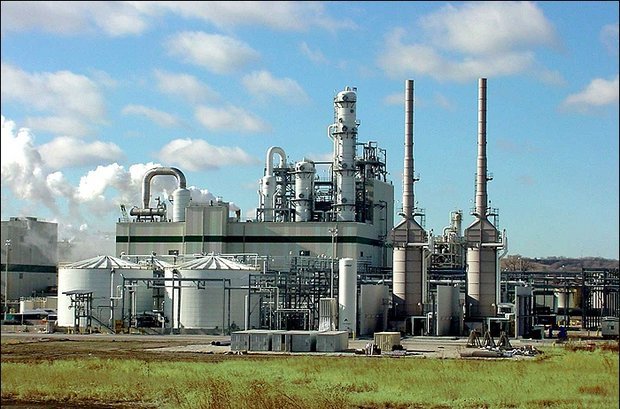Abbas Sheri Moghaddam, Iran's Deputy Oil Minister told reporters that Iran is working out a contract to trade oil, petrochemical products and technology with Poland. Referring to Warsaw's willingness, he also expressed hope to continue the talks with the Polish officials to finalize the deal in near future.
Elaborating on the construction of new methanol plants in Iran raising annual production by 5 million tons, he said that once the new plants become operational, Iran would be the top methanol producer in the world which would negatively affect the global price of the product deteriorated by lowering price of natural gas. To deal with the problem, he added, a new plan of converting methanol to propylene which is main feed of many complimentary petrochemical plants is being implemented.
The use of methanol as a motor fuel received attention during the oil crises of the 1970s due to its availability, low cost, and environmental benefits. By the mid-1990s, over 20,000 methanol 'flexible fuel vehicles' capable of operating on methanol or gasoline were introduced in the US. In addition, low levels of methanol were blended in gasoline fuels sold in Europe during much of the 1980s and early-1990s. Automakers stopped building methanol FFVs by the late-1990s, switching their attention to ethanol-fueled vehicles. While the methanol FFV program was a technical success, rising methanol pricing in the mid- to late-1990s during a period of slumping gasoline pump prices diminished the interest in methanol fuels.
Speaking at a press conference, the official further remarked that there are 14 methanol-to-propylene convertors under construction in addition to 67 petrochemical plants waiting for 71 USD to get completed.
Referring to the 3.6 billion-euro Chinese financing for the implementation of petrochemical projects Sheri Moghaddam said 15 petrochemical plans will become operational this year.

























Your Comment